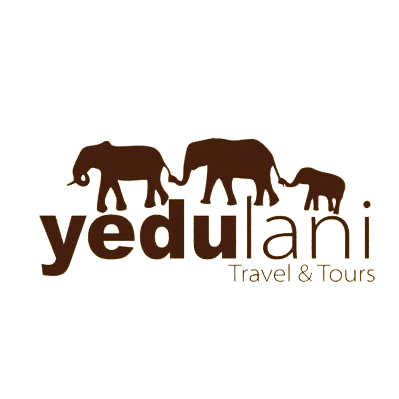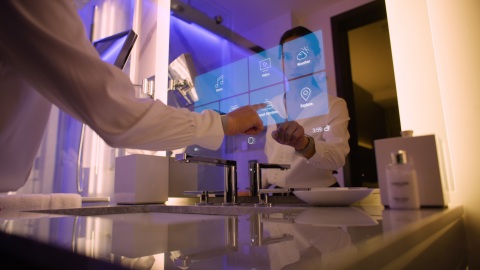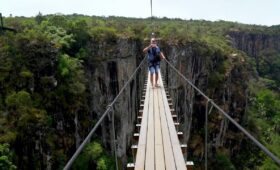The 21st century is evolving around technology and it is proving to be playing a vital role in the hospitality industry because of its capacity to improve the efficiency of business operation and improve the customer experience. These smart technologies have the ability to accelerate service, personalize the guest experience, and build resource allocations to support guest requests, enable preventative maintenance and improve employee productivity.
Traditionally hotels focussed on personal customer service and luxury, but the scene is changing. It is evolving to become an experience in technological advancement with various online and automated services to choose from, rather than only a place to stay. In the past, internet access was available at a price, today wi-fi is considered a human right and is expected, especially by millennials. Generation Y will soon be the main demographic for hotels and it is important to get a head start in understanding their expectations.
“Samsung is collaborating with hotels to transform premier businesses into Smart Hospitality hubs where guests can walk into a lobby and a video wall informs them of local attractions and must-do activities in the area,” says Richard Chetty, Samsung South Africa Director of Services. A self-service kiosk will allow visitors to search hotel guides and top restaurants using an interactive touchscreen.
It is noteworthy that tourism and hospitality industries or players keep up to date with the trending technology around the sectors. Below are some of the trending technology in tourism:
Internet of Things (loT)
IoT works around internet-based interconnectivity between everyday devices, allowing them to both send and receive data. It is increasing in the travel and tourism industry, taking for instance IoT technology can be used in hotel rooms to provide customers with a device that connects to everything from the lights, to the heaters and air conditioning, allowing all to be controlled from one place. A big advantage for customers is to have a comfortable room and no hustle for operating home applications as all will be set in one device.

Marriane Batte, the Public Relations Manager of one of Zimbabwe’s biggest tourism brands says, “As a hospitality company, Africa Albida Tourism – and the country at large – is really not yet there on Internet of Things.”
However, the company incorporates smart technology and is advancing towards influential technology innovation in some of its hospitality properties. Currently, for their room access, guests can use RFID electronic keys which is an upgrade from the magnetic strip ones. These RFID keys open doors when guests are in close proximity to the lock and cannot be cloned, unlike magnetic stripe keys.
In an airport, meanwhile, luggage cases can be installed with sensors that will alert passengers when they pass by reducing the rate of thieves and insecurity amongst travelers.
AI for Hospitality
Robotics have widely inverted daily the common one from the most used software called android software. They are providing assistance and aid in the tourism industry, it might seem like the work of science fiction but they are becoming increasingly prevalent, with artificially intelligent robots.
Customer-facing AI robotic concierges and luggage handlers (already operational in some Aloft hotels) are getting a lot of media attention. In Japan, cyborgs programmed to make eye contact and respond with multilingual ability check you into hotels.

An example is that robots are utilized at the airport to deter concealed weapons, while some manufacturers are also using robotics to create luggage cases that intelligently follow you. Travel agents are using robots for pre-screening, making waiting times more productive for customers. Some hotels are using robots as waiters in serving their customers as they are more efficient.
Big Data Technology
Another innovative technology that is influencing tourism and travel is big data, in the modern tourism industry. Companies are successful in employing their own data collection techniques. One of the biggest uses for this data is to improve personalization with travel companies using the information they gather to make the specific adjustment to their offerings. Another valuable use for data is to analyze current business performance, in particular, hotel owners can use big data for revenue management purposes, using historic occupancy rates and other past trends to better anticipate levels of demands.
Biometrics Technology

The use of biometric features such as fingerprint, facial recognition, retina scanning, and various other biometric identification in helping the tourism industry to be standardized. Such features are used in hotel rooms to allow access to rooms via fingerprints or to allow for semi-contactless checkout. This is for providing tight security and as well as improvement of tourism industry around the world.
Augmented reality works in the same way as VR technology but it is more accessible, typically required little more than access to a smartphone and the internet.
These are some of the influential technology innovations trendings and emerging the tourism business market for resort agents are fighting to be number 1 in attracting tourists.





